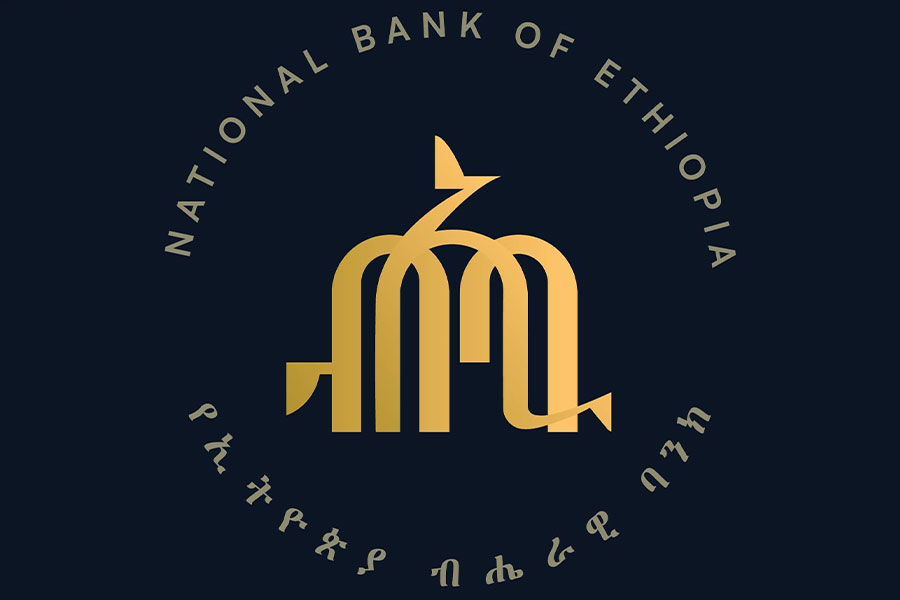
Sep 27 , 2020
By Asseged G. Medhin
Putting in place an insurance industry able to protect against not just operating risks, but acts of God, is urgently needed. It leaves governments, including Ethiopia, with no other choice but to attempt to push forward to ensure economic dynamism, writes Asseged G.Medhin, deputy CEO of Global Insurance Company.
In as far as humans have existed, they have faced risks to their lives and the resources they depend on for survival. What is more, every journey, metaphorical or literal, has required taking on some risks. The more the possibility of hedging these risks, thus, the more likely one will take them.
This is why merchants and sailors are willing to traverse the high seas, braving adverse weather conditions and sea perils, to trade. Together with the availability for insuring one's property, the appetite to trade grew side-by-side. Once the Europeans began developing it, and its importance to realising competitiveness was recognised, there have been leaps and bounds in the development of modern insurance and risk management theories, principles and philosophies.
Ferdinand Magellan might have faced the sea perils with no possible protection from financial loss, but since Edward Lloyd opened a coffee house where merchants were willing to underwrite one another, the world has not been the same.
The importance of insurance is re-asserting itself in 2020. Act of god accidents, from wildfires to tornadoes, and human-made disasters, including arguably the Novel Coronavirus (COVID-19) pandemic, have been the main news of the year. We are now seeing a unique and turbulent time for insurers everywhere as a matter of the magnitude of impact and complexity of such risks. Insurers may, therefore, find themselves in a state of bewilderment and immersed in a dilemma on how this much can be insured.
But governments often find it to their advantage to ensure that their citizens are protected from loss during such times. This is why, in most of the world, health insurance is popular. People are willing to pay not just through their wallets to be insured but through the ballot box as well.
Unfortunately, putting in place an insurance industry able to protect not just operating risks, but acts of God, is easier said than done. Still, it leaves governments, including Ethiopia, with no other choice but to attempt to do as such.
The problem has been brought to the forefront recently by the flooding that is occurring in several parts of the country. Having led to the displacement of one million people and loss of property, its economic impact can only be mitigated through tailor-made insurance policies. This can be done through partnerships between the industry and the government.
Given that global weather conditions are predicted to get worse, this is a conversation that needs to be had. In more developed countries, it would be part of the national discourse. Politicians would argue and develop policy strategies on how such disasters could be insured and losses are protected.
Why can we not be doing this in Ethiopia? How is it possible that COVID-19 has not inspired a heated debate on the state of health insurance in Ethiopia, especially given how medical treatment has become prohibitively expensive these days?
Just as in need of discussions is the loss of life and property we witnessed as a result of political violence in various parts of the country. This is another risk that has become deeply perceptible in Ethiopia and that business would want to be protected against. Indeed, with strategic risk hedging, the financial losses can be compensated through a political and terrorism risk insurance policy.
What should be the response for this and other emerging risks? Should we insure them or not? If yes, at what price? What is the public’s perception of this? Whose responsibility is it?
These have to be answered with a sense of urgency. Both the government and insurance firms must learn from health-related risks after COVID-19, investing further in life and health insurance, as well as orienting focus toward coverage of natural disasters and political violence.
Insurers should work together in devising risk management programmes, mitigation strategies, building up the national re-insurer (Ethio Reinsurance), and advising the government on creating risk and disaster recovery programmes.
Fortunately, the government has been active in reforming the financial industry. Financial inclusion efforts, interest-free insurance, empowering Ethiopian Reinsurance, and green lighting micro-insurance companies have been important moves in the attempt to move forward.
Such reforms are critical for a world that is in shock due to the pandemic and natural disasters such as droughts, wildfires and floods. The insurance industry should thus take the role in developing a strategy, based on the National Bank of Ethiopia’s (NBE) guidelines, to find ways to respond to mega risks.
Risk mitigation is not just a way of protecting certain individuals and businesses from financial ruin. It has positive externalities across the economy and is critical to underwriting competitiveness and innovation.
Without a strong insurance industry, a modern economy cannot function. Its lack constitutes a missing link that will lead to businesses and individuals being wary of taking even the slightest of risks. It is not a choice to put it in place. It is a matter of economic survival.
PUBLISHED ON
Sep 27,2020 [ VOL
21 , NO
1065]


Fortune News | Nov 02,2019

Radar | Apr 01,2024

Exclusive Interviews | Jan 05,2020

Radar | Nov 09,2019

Fortune News | Aug 22,2020

News Analysis | Jun 15,2024

Fortune News | Sep 10,2022

Advertorials | Jun 05,2023

Viewpoints | Sep 14,2024

Commentaries | Aug 03,2019

Photo Gallery | 180790 Views | May 06,2019

Photo Gallery | 170983 Views | Apr 26,2019

Photo Gallery | 162094 Views | Oct 06,2021

My Opinion | 137325 Views | Aug 14,2021

Dec 22 , 2024 . By TIZITA SHEWAFERAW
Charged with transforming colossal state-owned enterprises into modern and competitiv...

Aug 18 , 2024 . By AKSAH ITALO
Although predictable Yonas Zerihun's job in the ride-hailing service is not immune to...

Jul 28 , 2024 . By TIZITA SHEWAFERAW
Unhabitual, perhaps too many, Samuel Gebreyohannes, 38, used to occasionally enjoy a couple of beers at breakfast. However, he recently swit...

Jul 13 , 2024 . By AKSAH ITALO
Investors who rely on tractors, trucks, and field vehicles for commuting, transporting commodities, and f...

Nov 1 , 2025
The National Bank of Ethiopia (NBE) issued a statement two weeks ago that appeared to...

Oct 25 , 2025
The regulatory machinery is on overdrive. In only two years, no fewer than 35 new pro...

Oct 18 , 2025
The political establishment, notably the ruling party and its top brass, has become p...

Oct 11 , 2025
Ladislas Farago, a roving Associated Press (AP) correspondent, arrived in Ethiopia in...

Nov 2 , 2025
The National Bank of Ethiopia (NBE) has scrapped the credit-growth ceiling that had s...

Nov 2 , 2025 . By SURAFEL MULUGETA
The burgeoning data mining industry is struggling with mounting concerns following th...

Nov 2 , 2025 . By YITBAREK GETACHEW
Berhan Bank has chosen a different route in its pursuit of a new headquarters, opting for a transitional building instea...

Nov 2 , 2025 . By BEZAWIT HULUAGER
Nib International Bank S.C. has found itself at the epicentre of a severe governance...